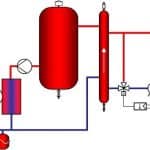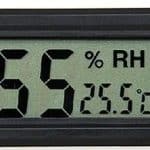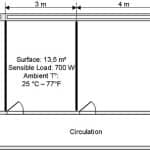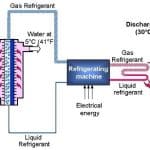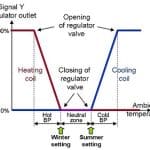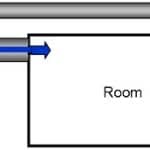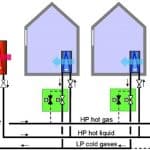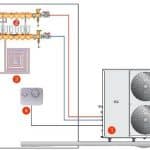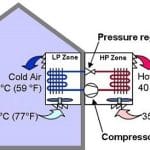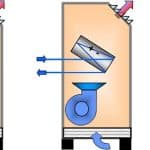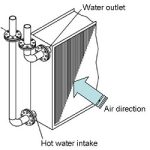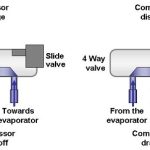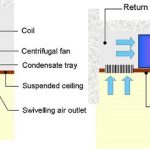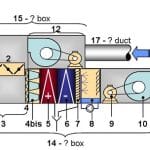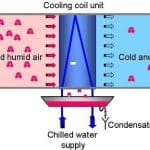Becoming a successful HVAC contractor requires more than just mechanical know- how. Just like a beautiful symphony, there are many diverse instruments that need to be played in harmony for the perfect sound. This article will discuss the 7 essential skills needed to become an expert HVAC technician, so you can craft the sweetest melody of success in the industry.
Part 1: Essential Skills for HVAC Technicians
When it comes to having success as an HVAC contractor, there are certain essential skills that are a must. Having the right knowledge and being able to apply it in real- world scenarios can make all the difference to your success.
Here, we discuss some of the most important skills you need to be successful.
Basic HVAC Knowledge and Skills
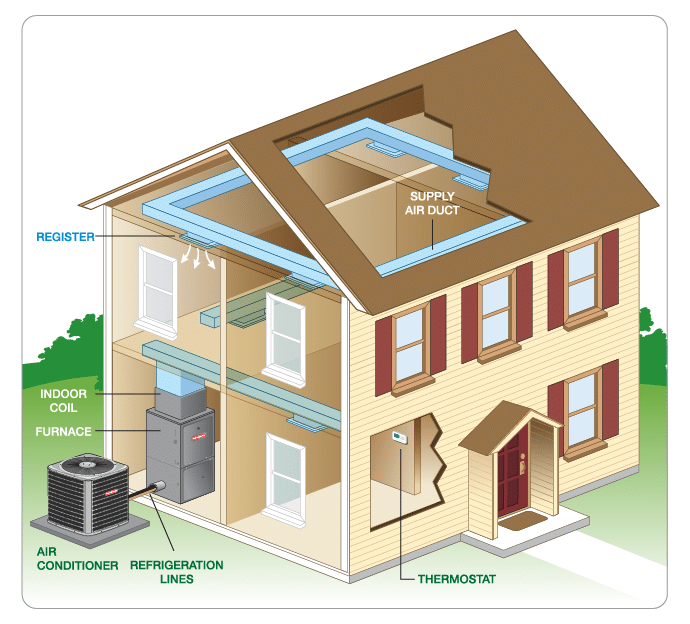
Having a good foundation of knowledge on heating, ventilation, and air conditioning systems is incredibly important. It’s also beneficial to have a deeper understanding of how different components work together to power such systems.
Examples include ductwork, motors, compressors, and other fundamental mechanical pieces. Knowing how they fit into the larger system will allow you to diagnose problems more quickly and accurately.
In addition, having the ability to install, repair, and maintain HVAC systems is essential for any contractor entering into this field. Being able to complete simple repairs or tune up systems without needing help from another technician is what separates an average technician from a great one.
Technical Skills
The electrical and mechanical aspects of HVAC systems must not be overlooked either. Understanding wiring diagrams and knowing how each component works with one another is key when diagnosing problem areas.
Additionally, having knowledge of refrigeration systems and refrigerants is essential for anyone wanting to get ahead in their career.
HVAC technicians must also understand blueprints and be able to follow the design specifications noted within them. This requires a thorough understanding of construction principles as well as the individual requirements for each job.
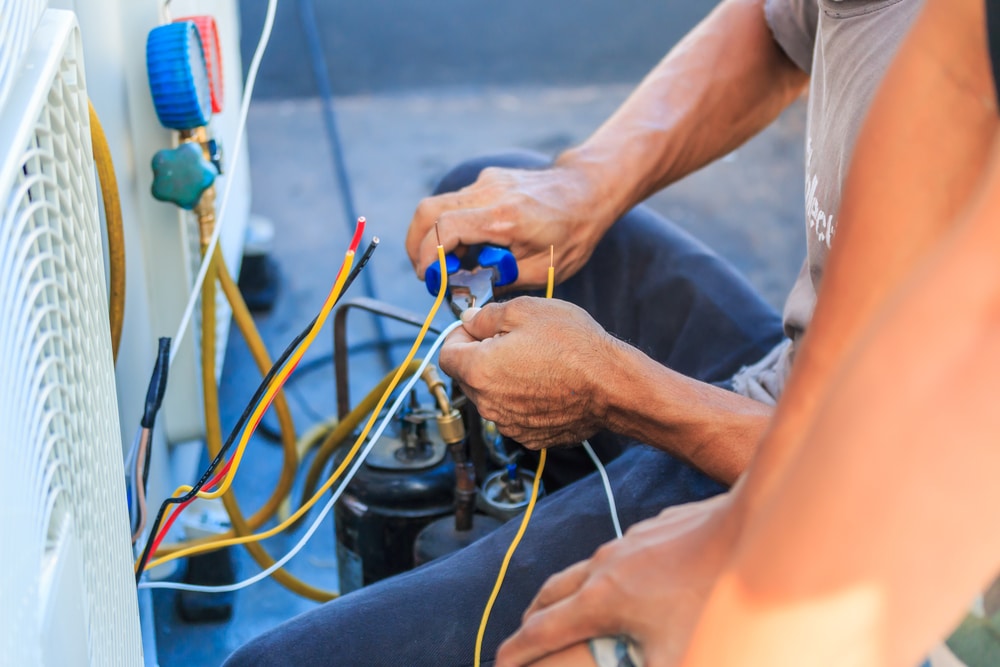
Customer Service Skills
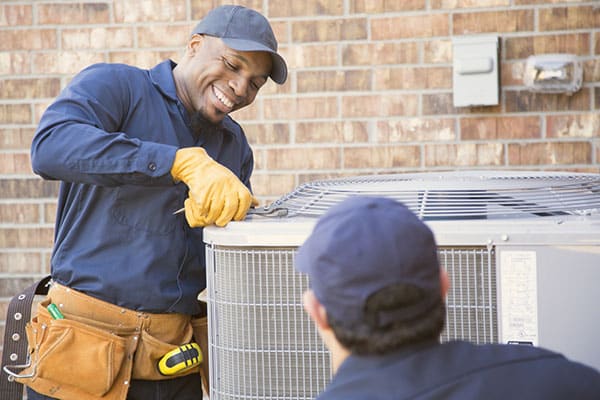
Good communication goes without saying – customers expect professionalism throughout a job, which means having an approachable manner goes hand-in-hand with high-quality customer service.
The ability to pay attention to detail and think logically through potential solutions when presented with problems is also necessary.
On top of this, providing quality assurance at every step of the way helps ensure customer satisfaction.
Part 2: Training and Education for HVAC Technicians
HVAC Certification and Licensing
Certification and licensing are absolutely essential for any HVAC technician looking at practicing professionally in this industry. Achieving EPA certification (or other similar certifications) can open up many doors due to its recognition across multiple organisations.
It also proves your dedication towards continuing learning within your chosen profession.
HVAC Training Programs
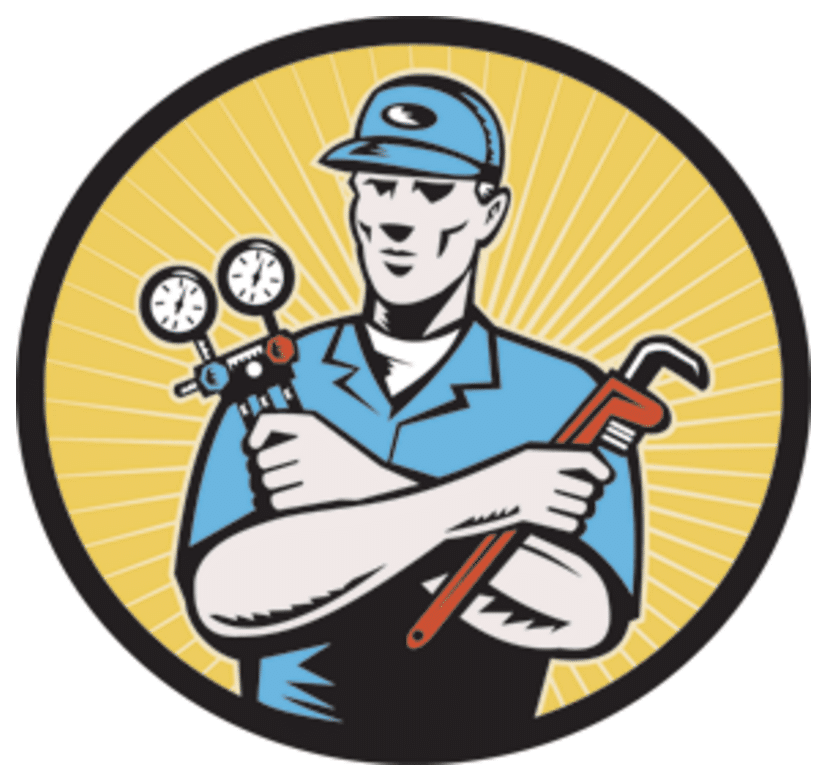
Options exist for those who wish to obtain solid training before entering this competitive field by enrolling in a technical school or community college program.
When selecting a program, look out for reputable options like SJVC or Altierus Career College whose courses span anywhere from 8 months to 16 months depending on the type of curriculum selected.
On-the-Job Training and Apprenticeship
On-the-job experience typically offered via apprenticeship programs is invaluable when trying to gain practical experience working with various tools and techniques employed within the trade while getting paid during this period too! It’s also an opportunity to build relationships with other technicians and industry professionals who may be able to offer additional advice or help further down the line.
Part 3: Industry Trends and Opportunities for HVAC Technicians
Growing Demand for HVAC Technicians

As technology continues to advance, so does the demand for qualified HVAC technicians. With the advent of smart homes and buildings, there is now an even greater need for people who can install, maintain, and repair these systems.
The Bureau of Labor Statistics (BLS) projects that jobs in this field are expected to grow by 10% through 2028 — much faster than the average occupational growth rate.
Emphasis on Energy Efficiency and Sustainability
Not only is energy efficiency important when it comes to keeping costs low, but it’s also increasingly becoming a major factor in terms of sustainability. As more businesses become eco-friendly, they rely on better insulation and efficient heating and cooling systems to meet their goals.
Therefore, having knowledge in energy-efficient solutions can give your business a competitive edge.
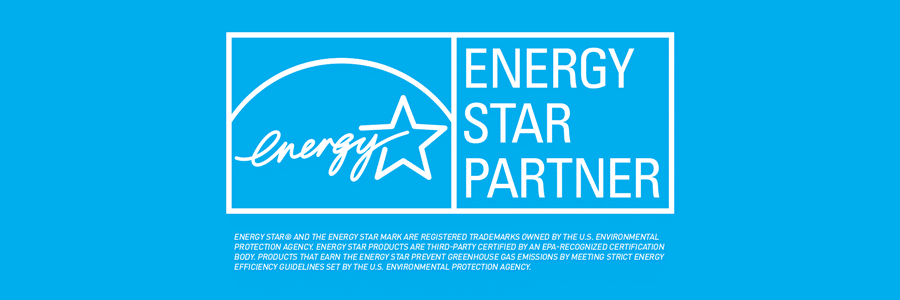
Advancements in HVAC Technology
The world of HVAC technology is rapidly advancing, with new innovations popping up all the time. Staying up-to-date on the latest industry news and trends helps technicians to stay ahead of their competition.
Additionally, understanding how each new piece of technology works can make all the difference when it comes to installing or repairing existing systems.
Want to learn more ?
Have a look on our cooling classes :

